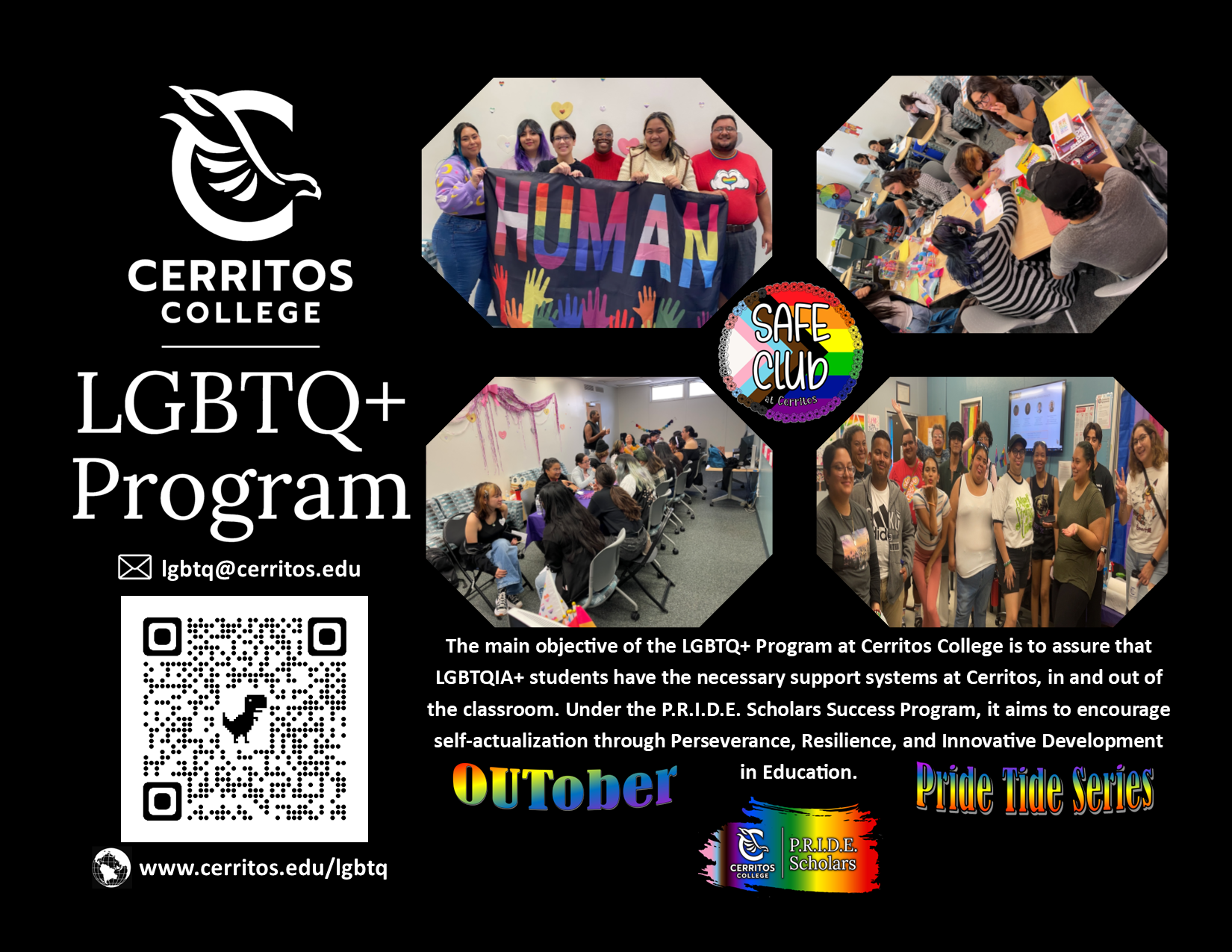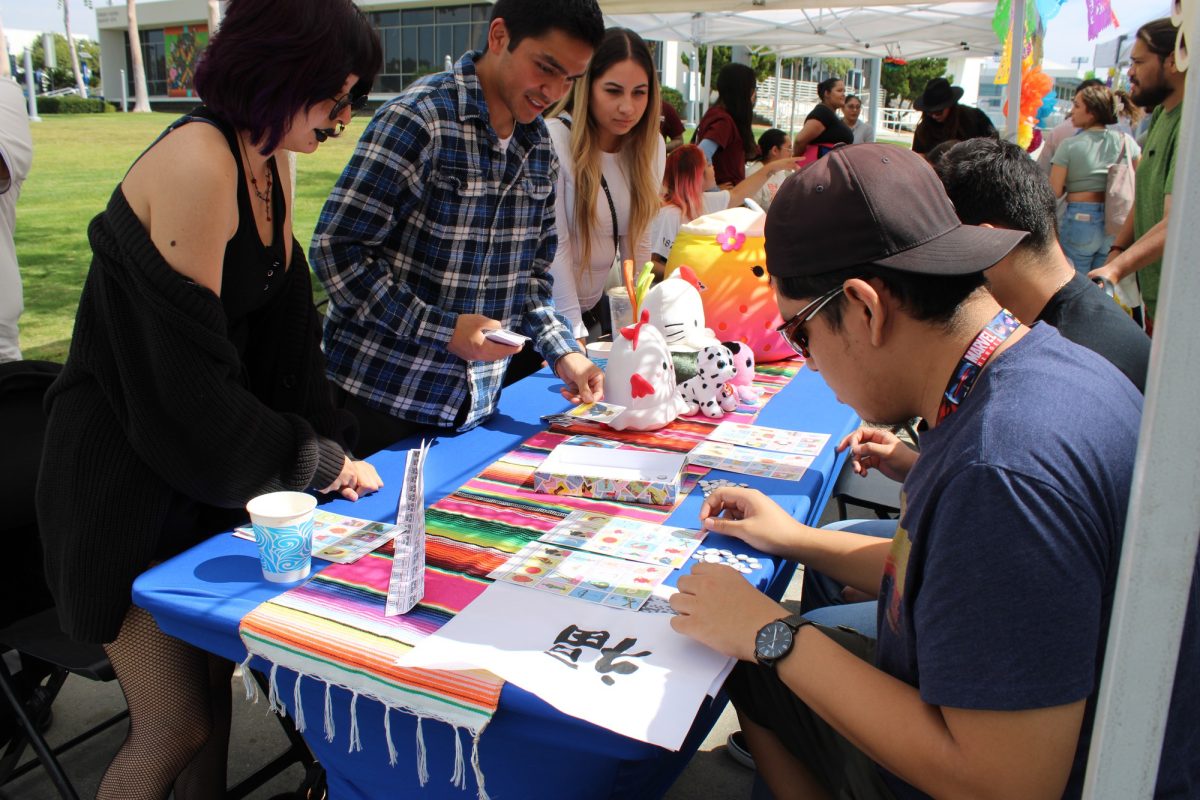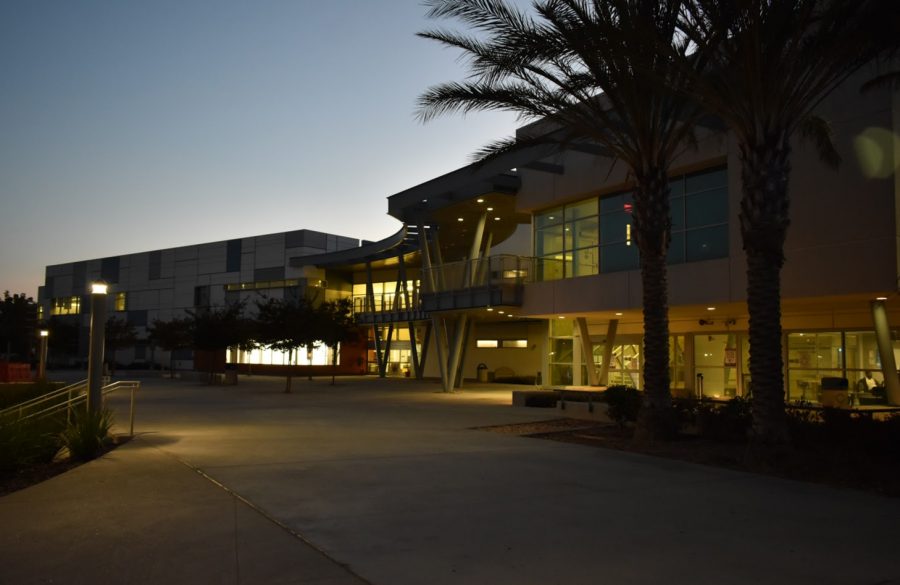With a wide variety of hits such as “I Loves You Porgy,” a tender and affectionate song, to “I Put A Spell On You,” a more sultry and fiery tune about unrequited love and a one-sided relationship, Nina Simone’s music has become highly influential among many artist through out time.
Dr. David Betancourt, Director of Bands and Orchestra said, “Nina Simone was a talented musician who was able to take her talent and spotlight, and move the focus from her music to the social issues that took place in society.
“She was able to convey the issues of civil rights and social equality in a very personal way, through many of her performances,” he added
Simone was born Eunice Kathleen Waymon in the small town of Tryon, North Carolina. She was one of six children born to a methodist preacher.
In this incubator of Gospel music it was no surprise that the first song she learned was “God Be With You, Till We Meet Again.”
Before the age of 12, she would perform weekly at Sunday service.
From that time on, Simone aspired to become a concert pianist.
As a Black woman in the mid-twentieth century, it was typical for Simone to face discrimination.
“Her family had already moved to the [Philadelphia, PA.] but Eunice’s hopes for a career as a pioneering African American classical pianist were dashed when the school denied her admission,” stated ninasimone.com, the official website for the late artist,”To the end, she herself would claim that racism was the reason she did not attend. While her original dream was unfulfilled, [Waymon] ended up with an incredible worldwide career as Nina Simone – almost by default.”
It is also known that at Simone’s first classical concert her parents were moved from the front row to the back row in order to make way for white audience members.
The Oxford Press author of the Nina Simone biography, Ruth Feldstein stated, “She moved to New York in the late 1950’s. At that point she was friends with many activists but wasn’t thinking of herself mainly as a political person.
“In September of 1963 she heard that three girls had been killed in Birmingham, Alabama as a result of a bomb that the Klu Klux Klan had planted in a church. She talks about hearing that news and feeling filled with fury and rage.”
She added, “At that point she wrote ‘Mississippi Goddam,’ which was her first civil rights song.
Later in her music she discussed the death of Martin Luther King in “Why The King Of Love Is Dead.”
Simone also talks about the way people of color were met with extreme violence in her rendition of “Strange Fruit.”
Other Civil Rights Era songs by Nina Simone include “Back Lash Blues,” “I Wish I Knew How It Feels To Be Free,” and Turning Point.
Liberal Art major David Gonzales expressed, “As a person of color, her music has been so influential to me. She’s the real deal.
“She’s what Elvis, The Beatles and even Frank Sinatra borrowed from. Without them copying her sound, and [the] many others who contributed to, the Rhythm & Blues genre -the sound- we have today would be drastically different,” he said.
It is true that many modern musicians have admitted to admiring her style.
Rock stars such as The Animals and even David Bowie have covered songs that she made popular.
Indie music singers, such as, Lykke Li and Lana Del Rey have expressed their admiration of Simone for her use of storytelling within the lyrics, as well as, her unique use of tone in order to be highly emotive.
In this way today’s Jazz enthusiasts know that Nina Simone’s legacy lives on in a vast number of consequential musicians, even if she isn’t always credited.












